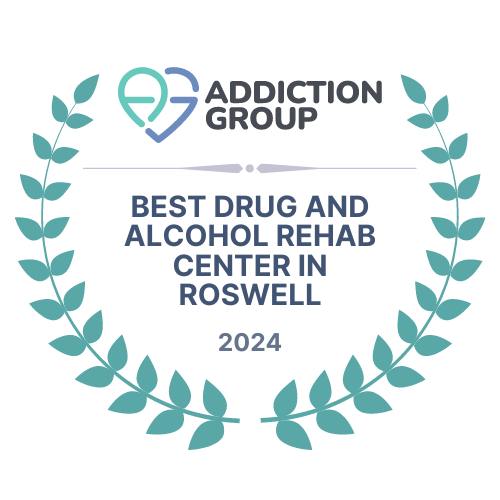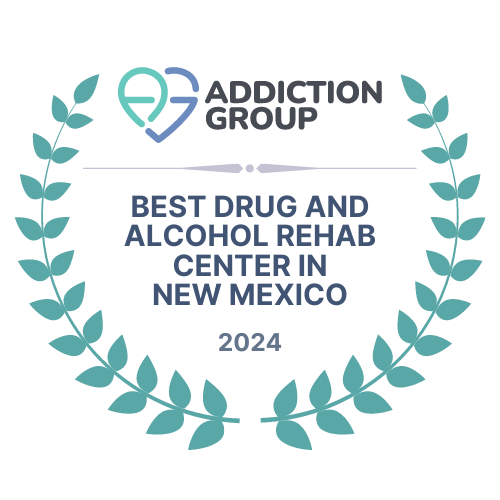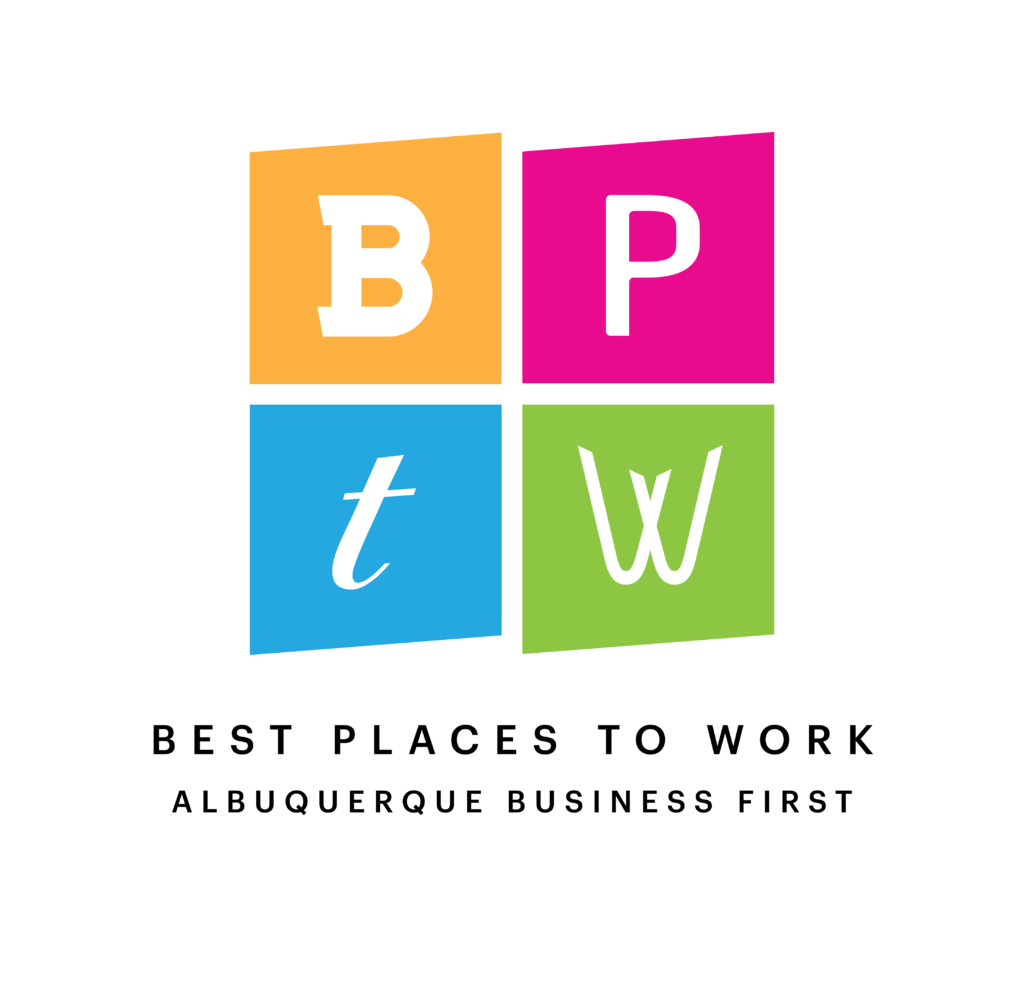Exercise is a powerful tool in addiction recovery, offering numerous physical health, mental health, and emotional health benefits that support the recovery process. Incorporating regular physical activity into a recovery plan can enhance overall well-being, reduce cravings, and improve mood. This comprehensive guide explores the benefits of exercise in addiction recovery, practical tips for incorporating exercise into daily life, and how Renew Health integrates physical activity into our treatment programs.
The Mental Health and Physical Benefits of Exercise in Recovery
Exercise provides a wide range of benefits that can significantly enhance the recovery journey:
- Improved Physical Health: Regular exercise helps improve cardiovascular health, build muscle strength, and enhance flexibility and endurance. It also supports weight management and overall physical fitness.
- Mental Health Benefits: Exercise has been shown to reduce symptoms of depression and anxiety, improve mood, and enhance cognitive function. Physical activity stimulates the release of endorphins, which are natural mood lifters.
- Stress Reduction: Engaging in physical activity helps reduce stress levels by lowering cortisol, the stress hormone. Exercise provides a healthy outlet for managing stress and tension.
- Enhanced Sleep Quality: Regular exercise can improve sleep patterns and quality, helping individuals establish a healthy sleep routine, which is crucial for recovery.
- Reduced Cravings: Physical activity can help reduce cravings for substances by providing a distraction and promoting the release of neurotransmitters that contribute to feelings of well-being.
- Increased Energy and Vitality: Exercise boosts energy levels and overall vitality, making it easier to engage in daily activities and participate in recovery programs.
Types of Exercise for Addiction Recovery
There are various types of exercise that individuals can incorporate into their recovery plan, each offering unique benefits:
- Cardiovascular Exercise: Activities such as walking, running, cycling, swimming, and dancing improve heart health and endurance. Cardiovascular exercise is effective for reducing stress and improving mood.
- Strength Training: Weightlifting, resistance band exercises, and bodyweight exercises help build muscle strength and improve overall physical fitness. Strength training can boost self-confidence and body image.
- Yoga and Pilates: These practices combine physical movement with mindfulness and breathing exercises. Yoga and Pilates promote relaxation, flexibility, and mental health.
- Outdoor Activities: Engaging in outdoor activities such as hiking, gardening, and sports can provide physical exercise while also offering the benefits of nature and fresh air.
- Group Fitness Classes: Participating in group fitness classes, such as aerobics, Zumba, or spin classes, provides a sense of community and social support, which is important for recovery.
Practical Tips for Incorporating Exercise into Daily Life
Incorporating exercise into daily life can enhance the recovery process and physical and mental health. Here are some practical tips:
- Start Slowly: If you are new to exercise or returning after a break, start with low-intensity activities and gradually increase the intensity and duration. This helps prevent injury and builds a sustainable routine.
- Set Realistic Goals: Set achievable and specific fitness goals that align with your recovery plan. Celebrate small milestones and progress to stay motivated.
- Create a Routine: Establish a regular exercise routine by scheduling specific times for physical activity each day. Consistency helps build the habit and reinforces the benefits.
- Choose Enjoyable Activities: Engage in physical activities that you enjoy and look forward to. This increases the likelihood of sticking with the exercise routine.
- Mix It Up: Incorporate a variety of exercises to keep the routine interesting and prevent boredom. This can also help target different muscle groups and improve overall fitness.
- Stay Hydrated and Nourished: Drink plenty of water before, during, and after exercise. Maintain a balanced diet to support your physical activity and overall health.
- Listen to Your Body: Pay attention to your body’s signals and avoid overexertion. Rest and recovery are important components of a healthy exercise routine.
- Seek Support: Join fitness groups, exercise classes, or find a workout buddy to provide motivation and accountability. Social support can enhance the exercise experience and recovery journey.
Renew Health’s Approach to Exercise in Recovery
At Renew Health, we recognize the transformative power of exercise in addiction recovery. Our comprehensive treatment programs include:
- Personalized Fitness Plans: We create personalized fitness plans tailored to each individual’s needs, preferences, and fitness levels. Our fitness professionals provide guidance and support to help patients achieve their goals.
- Group Exercise Classes: We offer group exercise classes that promote physical activity, social connection, and fun. Classes include yoga, aerobics, and strength training, among others.
- Outdoor Activities: Our programs incorporate outdoor activities such as hiking, nature walks, and sports, providing the benefits of physical exercise and nature therapy.
- Mindfulness and Movement: We integrate mindfulness practices with physical activity, such as yoga and meditation, to promote relaxation, improved mental health, and overall well-being.
- Educational Workshops: We provide educational workshops on the benefits of exercise, proper nutrition, and maintaining a healthy lifestyle. These workshops empower individuals to make informed choices about their physical health.
Success Stories from Renew Health
The positive impact of exercise on recovery is evident in the success stories of our patients. For example, Jason, who struggled with depression and alcohol addiction, found significant benefits through our fitness program. By incorporating regular exercise into his routine, Jason experienced improved mood, reduced cravings, and enhanced mental health and overall well-being. His journey highlights the powerful role of exercise in supporting recovery and promoting a healthy lifestyle.
Conclusion
Exercise is a powerful tool in addiction recovery, offering numerous physical, mental, and emotional benefits that support the recovery process. At Renew Health, we are dedicated to integrating physical activity into our comprehensive treatment programs to enhance overall well-being, improved physical and mental health, and long-term recovery. If you or a loved one is seeking support in incorporating exercise into your recovery journey, reach out to Renew Health. We are here to guide you on the path to a healthier, more active, and fulfilling life.








